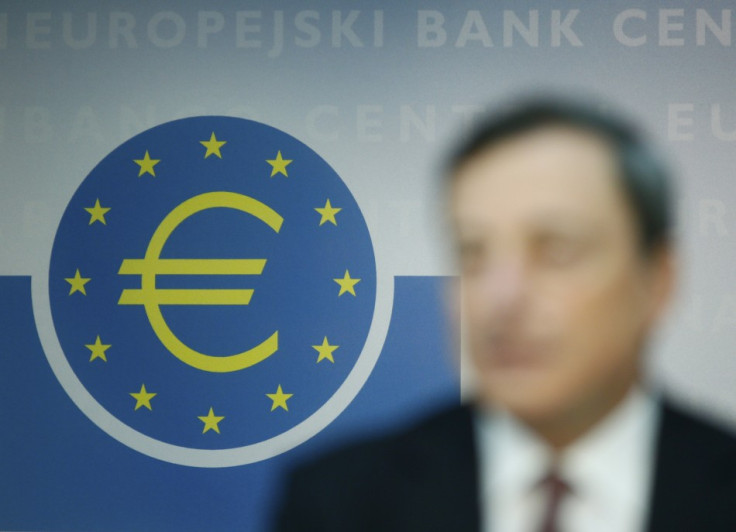European Banking Authority Unveils Guide to Spot Europe's Riskiest Banks

Efforts to spot the eurozone's riskiest banks took a step forward as the European Banking Authority published its policy recommendations to flag up the continent's dangerous banks.
The EBA was assigned the task of investigating the health of Europe's financial system before the European Central Bank (ECB) is supposed to begin the supervision of the eurozone's financial institutions in 2014.
Recommendations from the EBA provide common definitions for European Union institutions to conduct asset quality reviews of banks' portfolios across the continent and know how to spot when they are going wrong.
The report notes that the EU has a "variety of definitions" in how it measures risk in European banks and that these had to be simplified.
Bad Loans And Debt
Two areas that required the most attention were non-performing loans, debt forbearance, or giving the borrower more time to payback, says the report.
To tackle non-performing loans the EBA suggested that authorities could follow a range of options to contain the fallout from bad loans during a crisis.
The report said that authorities must evaluate how many potential sales of distressed assets might be needed to make a bank safer.
Similarly, EU policymakers had to consider how they protected customers from failing parts of a bank which contained the non-performing loans.
Customers could either be transferred to a performing portfolio in the bank or out of the bank's balance sheet.
On debt forbearance or giving creditors longer than they needed to repay bills, the EBA said that authorities needed to make sure that any debt restructuring was the same across a troubled bank.
It also said authorities had to identify the standards and procedures for monitoring, evaluating and updating loan performance and risk profiles.
Overall, the EBA concluded that it was crucial that EU institutions responded to any bank failures with co-ordination and a common set of principles.
The EBA's report comes at a time of major change in the eurozone as the EU tries to establish a common mechanism for dealing with Europe's fragile banks that are still healing from economic crisis.
The International Monetary Fund has reported progress in the repair of Spain's banking system for instance but noted a lot has to be done to put the eurozone's banks on a sustainable path.
© Copyright IBTimes 2025. All rights reserved.






















